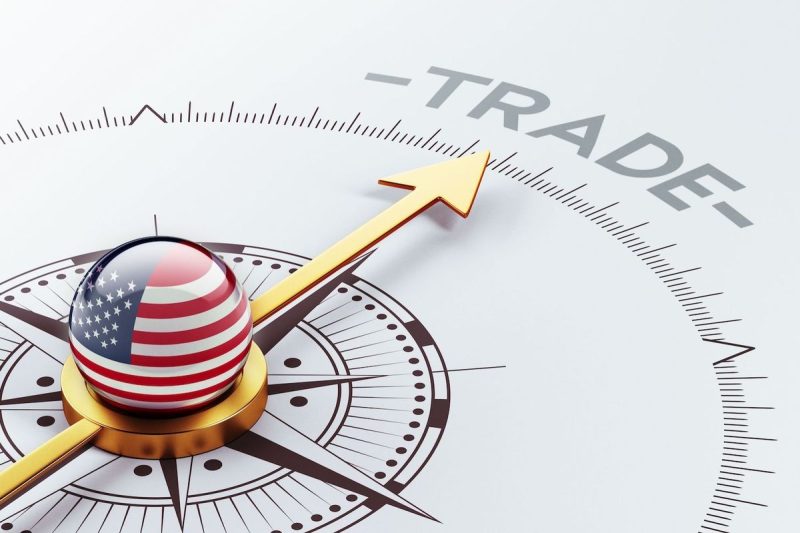In recent news, tensions have been running high as President Donald Trump has raised the issue of imposing tariffs on North American neighbors, specifically Mexico and Canada. This move has sparked concerns about the stability of supply chains in the region, leading to widespread uncertainty among businesses and consumers alike.
Supply chains are the lifeblood of the global economy, with goods and services flowing seamlessly across borders to meet consumer demand. Any disruption to these intricate networks can have far-reaching consequences, impacting businesses, jobs, and ultimately, the economy.
The threat of tariffs on imports from Mexico and Canada has introduced a new element of risk into supply chain management. Many companies rely on materials and products sourced from these countries to manufacture their goods, and any increase in tariffs could drive up costs significantly. This, in turn, could lead to higher prices for consumers and reduced competitiveness for businesses.
The uncertainty created by the tariff threats has also made it difficult for companies to plan for the future. Supply chain managers are tasked with predicting and mitigating risks, but the unpredictability of the situation makes it challenging to develop effective strategies. This uncertainty could lead to disruptions in production and delays in delivering products to customers.
Furthermore, the threat of tariffs has strained diplomatic relations between the United States, Mexico, and Canada. The imposition of tariffs could lead to retaliatory measures from these countries, further escalating tensions and potentially leading to a trade war. Such a scenario would only serve to create more instability in the global economy and harm businesses on all sides.
In response to the growing uncertainty, some companies are looking to diversify their supply chains and explore alternative sourcing options. By reducing reliance on a single country or region, businesses can mitigate the impact of tariffs and other disruptions. However, this process is time-consuming and costly, requiring thorough evaluation and investment in new partnerships and technologies.
In conclusion, the threat of tariffs on North American neighbors has cast a shadow of uncertainty over global supply chains. Businesses must adapt to this new reality by diversifying their sourcing strategies and preparing for potential disruptions. By remaining agile and proactive, companies can navigate these challenging times and emerge stronger on the other side.






























